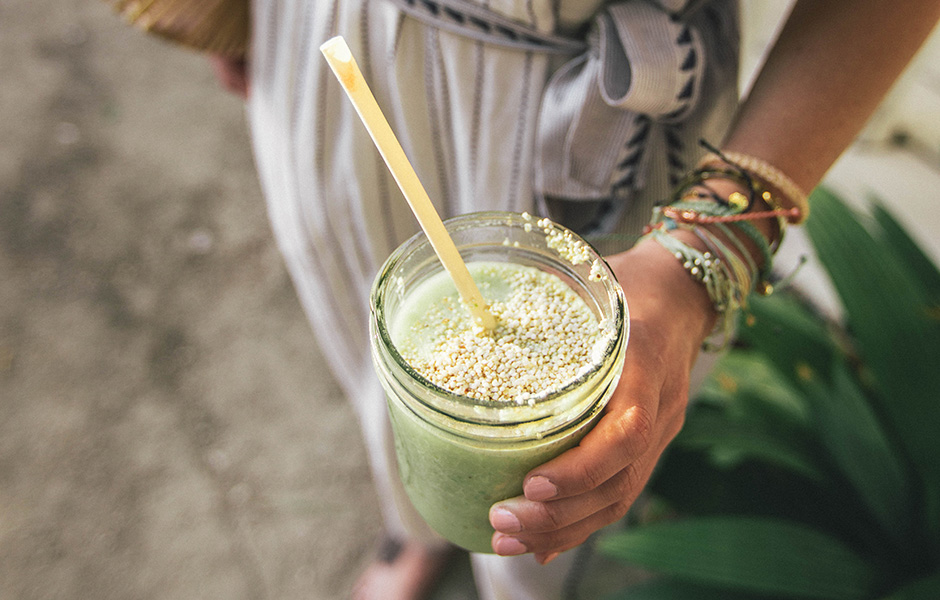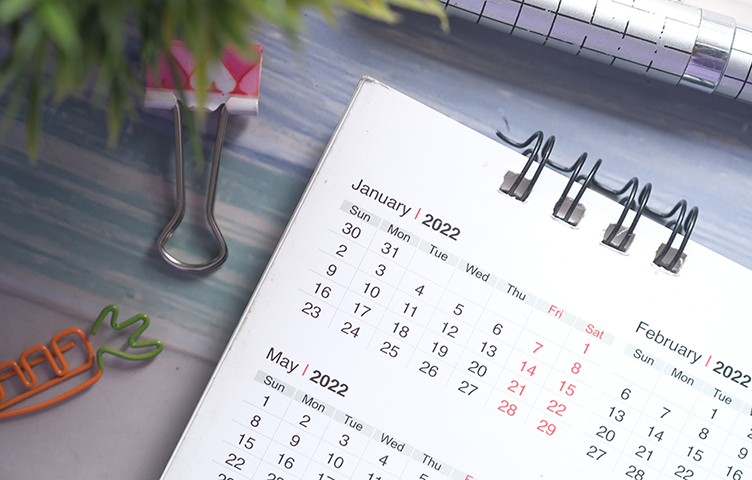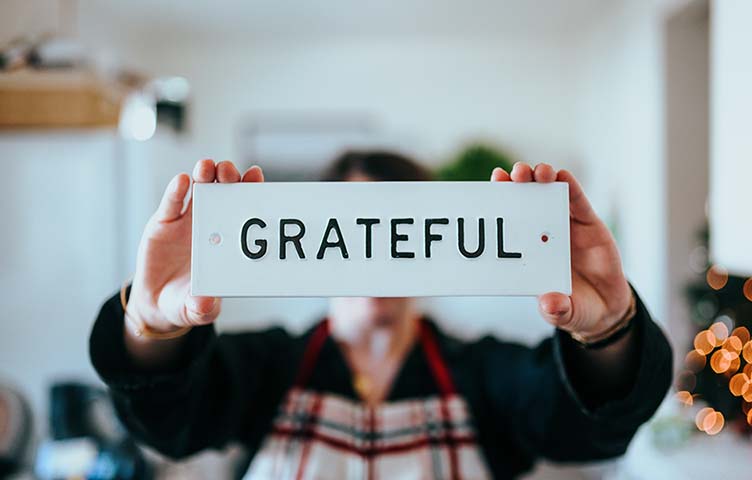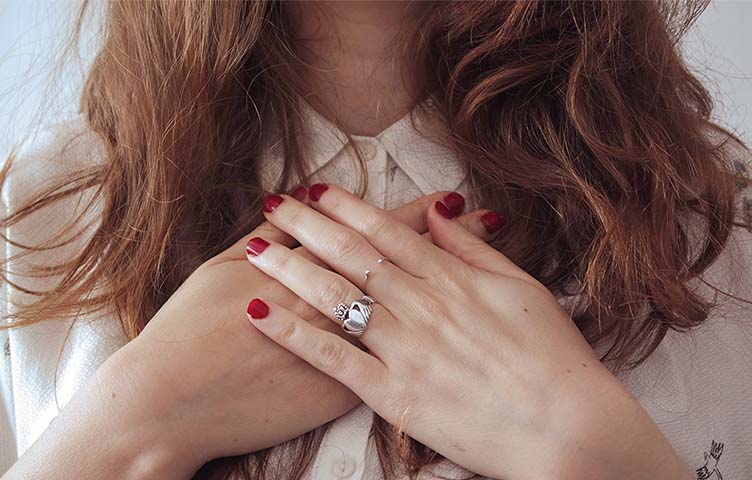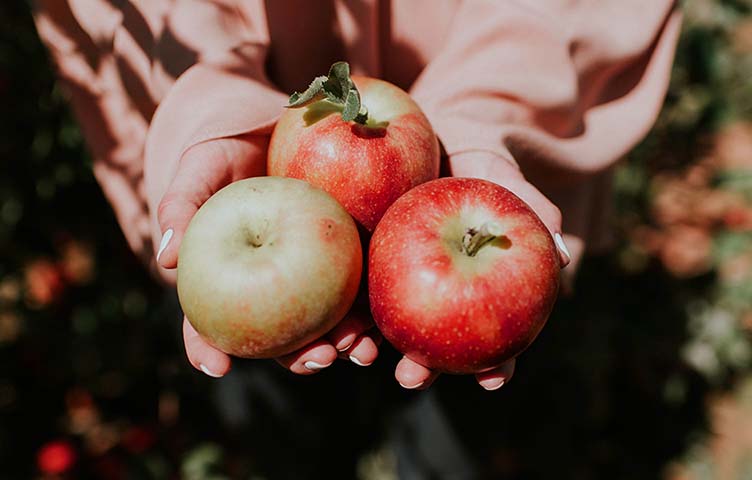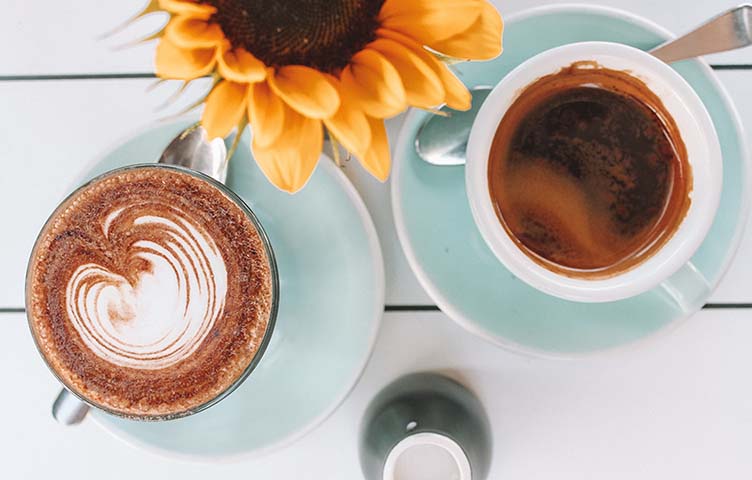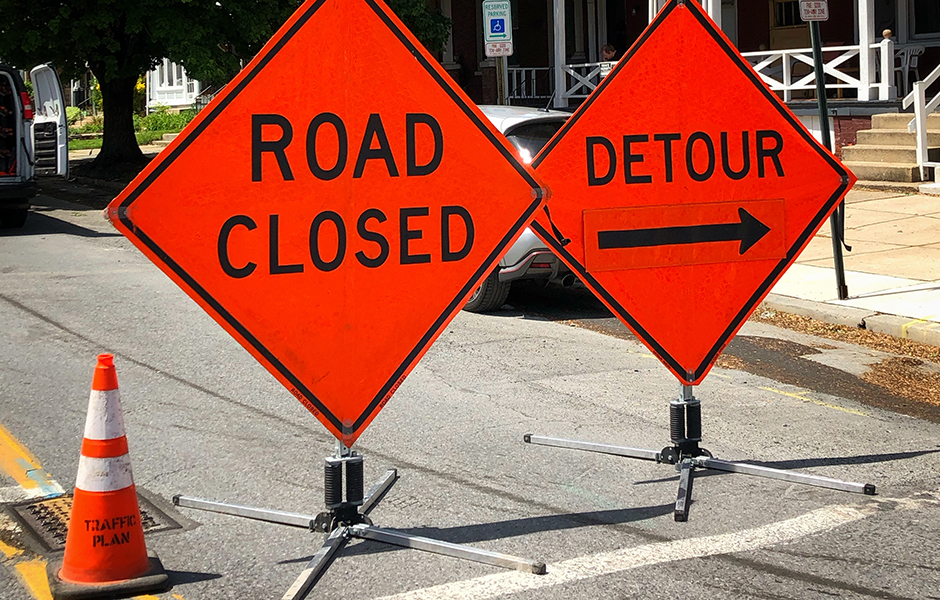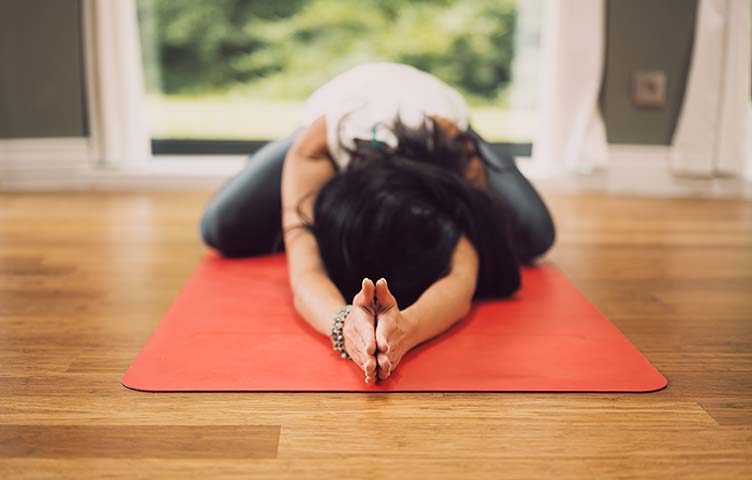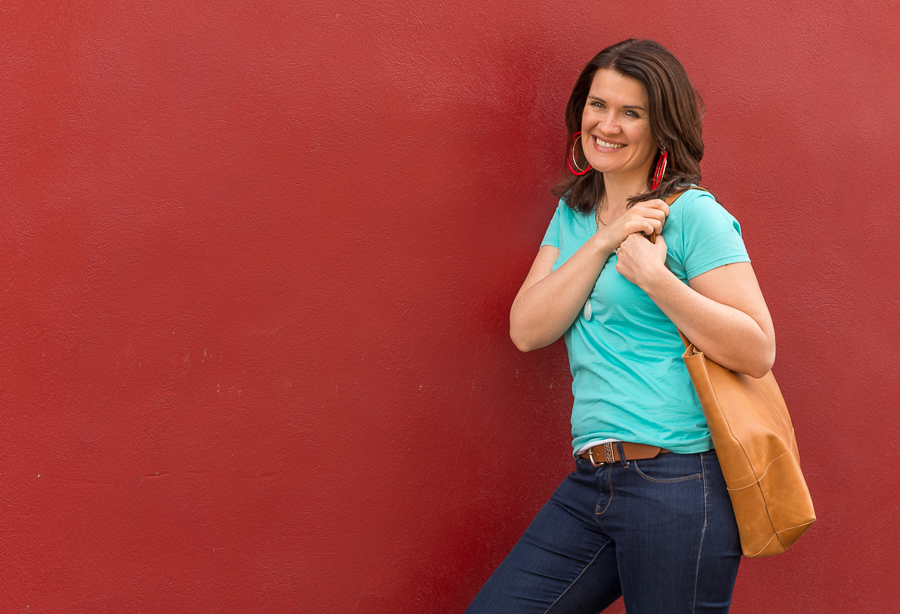A number of years ago, I sat in a coffee shop with a person I was mentoring. And as I often do, I asked her what it looked like to take care of herself in the busy season she was currently living. Her response was something like:
“I think I need to practice self care more. I need to make time to get weekly massages and sit in the hot tub.”
Right away, as I tried to wipe a look of surprise from my face, I had two thoughts: One, she may have had self care figured out way more than I did. And two, if so, self care was more expensive than I could afford.
Was self care more expensive than I could afford?
Don’t get me wrong, getting a massage can definitely be a form of self care. And taking some “Me time” in any kind of tub is great. But I feel like, in our culture, self care has gotten a bougie connotation attached to it. That somehow, if we’re not spending time at a spa regularly, we’re doing it wrong.
It’s this line of thinking that kept me from practicing self care for years. Just the phrase “self care” can make people think it’s a selfish endeavor. That it’s narcissistic to spend any amount of time thinking about yourself, rather than caring for others. Combine this with the belief that self care looks like weekly spa days and retail therapy, and we’re doing ourselves a great disservice.
Self care is simply how we nurture ourselves.
If we think about it, in many ways our body is a tool. It is so much more, but for the sake of this discussion, let’s say it’s just a tool. If so, we need to consider how we treat the other tools in our lives compared to how we treat ourselves.
We need to consider how we treat the other tools in our lives compared to how we treat ourselves.
For example, when it comes to our cars, we don’t expect them to run endlessly without filling them with gas. We worry when our phones go under fifty percent battery power. And if our washer breaks down, we get it fixed.
So why do we expect our bodies to run on caffeine and sugar alone?
Just as the tools in our lives have needs—our bodies, minds and souls have needs. If we don’t attend to them, we become unhealthy. Then we lead, work with, and care for others from an unhealthy, empty place. But here is the good news:
Self care doesn’t have to be bougie.
It doesn’t even have to involve spa days or kale smoothies. It just needs to include getting enough rest, eating food that fuels us, and restoring ourselves physically, emotionally, and mentally. In her latest book, Miracles and Other Reasonable Things, Sarah Bessey shares her journey about coming to terms with a diagnosis of fibromyalgia. She says,
“I knew that for me, I had to envision self-care as more than a good book and a bath. Those things help in the moment; my life was more than a moment to me. I needed good paths to follow toward life, abundant life.” (p 168)
Is it possible our narrow definition of self care is keeping us from living an abundant life?
In this passage, Sarah goes on to list the very ordinary self care practices she needed to implement into her everyday. Things that we take for granted like taking her vitamins, going to the doctors and therapists, and slowing down her work schedule. She also makes a distinction between self care and self comfort.
Self comfort is the feel good side of self care. It’s soaking in a tub, getting a massage, reading a good book, and maybe even binging our favorite TV show. Only these forms of self care, Sarah says, don’t propel us forward in life. She explains,
“Self-comfort numbs us, weakens us, hides us; it can be soporific. But self-care awakens us, strengthens us, and emboldens us to rise.” (p 170)
There are days where we need a good bath, or to escape into a good book. But those things are more about recovery, and less about maintenance and restoration. As we begin to head into the Holidays, we can do what many of us do and run ourselves ragged. Then escape now and then, into a TV show or the cookie jar.
We can seek to practice self care everyday. Just because we won’t do it perfectly during the holidays, doesn’t mean we give up.
Or, we can seek to practice self care everyday. Just because we won’t do it perfectly during the holidays, doesn’t mean we give up. That we shouldn’t try to eat healthily when we can. To get enough sleep as much as possible. To take our vitamins. And to even get our steps in each day. There is so much to look forward to in this coming season. Practicing self care in a way that strengthens us, will enable us to be fully present for all of it.
What connotations have you associated with self care?
What does it look like for you to nurture yourself this season?
Do you feel mentally and/or emotionally overloaded by both real life and the approaching Holidays? If so, sign up for my email list and get your FREE copy of my Five Steps to Declutter Your Mind, to help you find clarity and peace this season.

